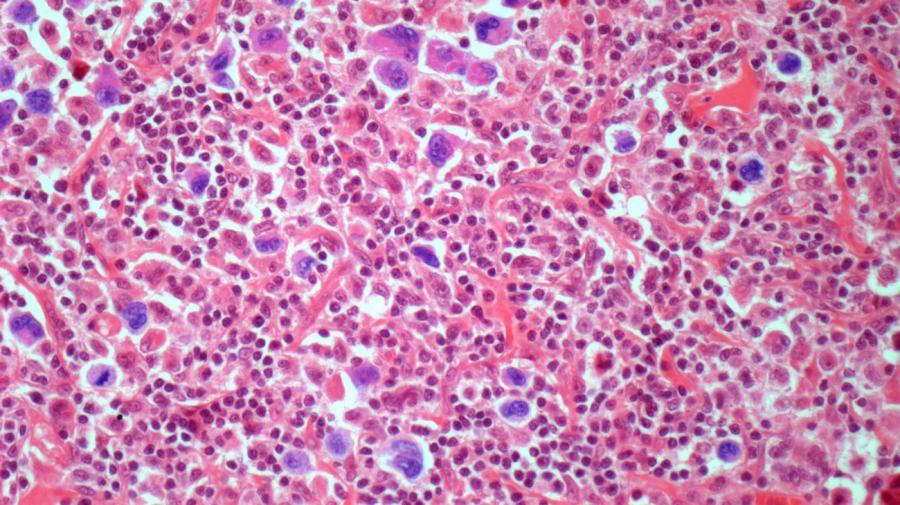What Does a High Lymph Count in Blood Work Mean?

A high lymph count, also known as lymphocytosis, is an indication of infection, an autoimmune disorder or cancer of the blood or lymphatic system, states Mayo Clinic. Sometimes lymphocytosis can occur after an illness, which can be harmless.
Specific causes of lymphocytosis include acute or chronic lymphocytic leukemia, cytomegalovirus infection, HIV/AIDS, and mononucleosis, according to Mayo Clinic. Whooping cough, tuberculosis, vasculitis, multiple myeloma and other viral infections also cause a high lymph count. However, a doctor normally needs to perform other tests to determine if a patient’s lymphocyte count is too high, or if there is a reason to be concerned. Results often vary to a small degree between labs.
A high lymphocyte count indicates the presence of an increase in white blood cells, states Mayo Clinic. White blood cells fight infection in the body. For this reason, it is completely normal to see a rise in lymphocyte count following an infection. Lymphocytosis is measured differently for children and adults. For adults, lymphocyte numbers much higher than 3,000 per microliter of blood indicates lymphocytosis. For children, the numbers of lymphocytes varies at different ages. In some cases, numbers as high as 7,000 to 9,000 lymphocytes per microliter of blood is acceptable.





